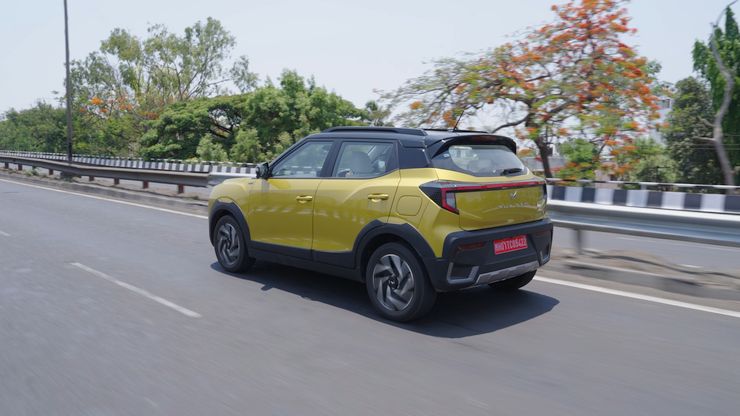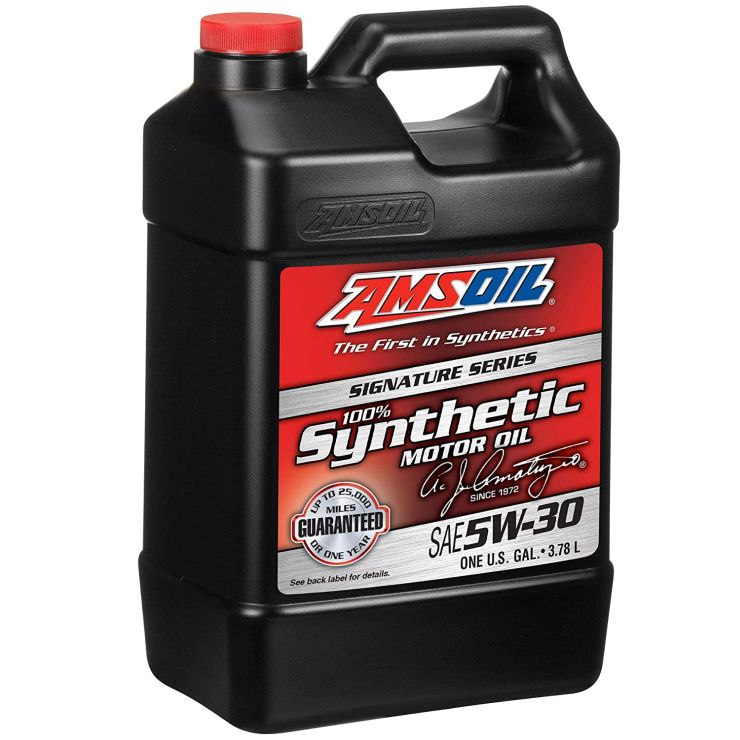Today, all new diesel cars sold in India come with a DPF (Diesel Particulate Filter). This is a filter that helps in reducing harmful emissions from diesel cars. Now, mostly these filters work as intended; however, if not taken care of, they can cause issues for cars. Recently, a Mahindra Scorpio-N Z8 4×4 owner shared his experience of a significant breakdown due to a Diesel Particulate Filter (DPF) failure. This incident occurred just as the vehicle reached the 10,000 km milestone.

Breakdown of the Scorpio-N
The owner of this particular Mahindra Scorpio-N shared his story on Team BHP. He stated that he had been enjoying his vehicle for eight months and was on a routine drive from Satara to Pune when disaster struck. He then narrated that near Wai, the car suddenly lost power on the highway.
After this, the owner explained that the OBD sign lit up, which indicated a problem. He elaborated that the vehicle’s speed was severely restricted. He could not rev his SUV beyond 1800-2000 rpm. This then forced him to pull over onto the service road.
What happened next?
Following the stop, the owner attempted to reset the electronics by restarting the car. However, this did not help with the problem. He then mentioned that the car showed that the dreaded DPF filter had clogged. And just a few moments later, a sign also lit up.
Now, as the issue was a severe one, his Mahindra Scorpio-N had to be taken to the nearest service center on a flatbed truck. The owner, in his post, highlighted that he was surprised as the initial warning stages of a clogged DPF had not appeared. So, because of this, it made this sudden breakdown unexpected and frustrating.
How was the problem fixed?

At the service center, the owner mentioned that the technicians worked for two days to clear the DPF. He added that there were suspicions of a rat bite causing the issue. However, no such damage was found. The service center then reflashed the ECU. But the underlying cause of the missed warning stages remained unresolved.
5 Tips to Avoid DPF Issues
To help other diesel car owners avoid similar breakdowns, we thought we should bring to you the five essential tips to maintain a healthy DPF. So, without any delay, here they are.
Regular Highway Driving

When you drive your diesel car on the highway, passive regeneration occurs naturally. This process helps burn off the soot accumulated in the DPF, preventing clogging.
So you should try to make it a habit to take your vehicle on the highway at least once a month for a few hours. This routine highway driving is crucial for keeping the DPF clean and functioning optimally.
Avoid Low-Speed Driving in High Gears
Diesel engines need to reach optimal operating temperatures to burn off soot effectively. Driving at low speeds in high gears can cause incomplete combustion. This, in turn, can increase soot buildup.
Maintain Proper Fuel Levels

Low fuel levels can strain the fuel pump and lead to potential damage. It can also cause air to be sucked into the fuel system, increasing engine friction and wear. Try to keep your fuel tank above the quarter mark to avoid low fuel-related issues. Regularly check and top up the fuel to ensure the engine runs smoothly.
Use the Correct Engine Oil

One should never use different engine oil than the one recommended by the automaker. Using the wrong engine oil can introduce harmful metallic compounds (SAPS) into the DPF. This can then lead to clogging.
Regular Maintenance and DPF Checks

Diesel car owners should regularly follow the service schedule recommended by vehicle manufacturers. Regular maintenance checks can identify potential issues early and prevent major breakdowns.
During routine services, ask the service center to check the DPF condition. Also, ask them to perform any necessary active regeneration. This proactive approach can help maintain the DPF’s health and longevity.






![India's Meanest Looking Mahindra Scorpio-N Is Here [Video]](https://www.cartoq.com/wp-content/uploads/2024/05/Mahindra-Scorpio-N-with-prad-4x4-metal-bumper--253x131.jpg)
![Mahindra Scorpio-N Base To Top Trim Conversion On A Budget [Video]](https://www.cartoq.com/wp-content/uploads/2024/06/mahindra-scorpio-n-base-to-top-budget-modification-253x131.jpg)

![This Indian Scooter With Yamaha RD350 Engine Is Called Yam-Bretta [Video]](https://www.cartoq.com/wp-content/uploads/2024/06/yambretta-featured-253x131.jpg)
![Lamborghini Huracan Owner Takes Car Spotter For A Drive: Makes His Day [Video]](https://www.cartoq.com/wp-content/uploads/2024/06/car-spotter-lamborghini-owner-drive-featured-253x131.jpg)